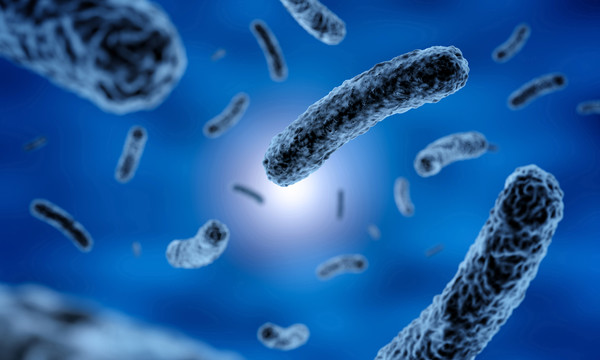
The number of tuberculosis (TB) cases in Korea has increased for the first time in 12 years. In particular, the number of TB patients aged 65 and more increased by over 5 percent in the first three quarters of this year from a year ago.
The Korea Disease Control and Prevention Agency (KDCA) said Thursday that the number of reported cases of tuberculosis rose by 0.1 percent year-on-year in the first nine months of 2023.
By age, the increase was recorded in the 60s and over 80s, with the largest increase seen in the 80s, with 7.8 percent. The number of cases declined in all age groups from 0 to 50, with the largest decreases seen in the teens and 30s, with 13.7 percent and 13.5 percent.
The number of TB patients declined for 11 consecutive years from 2011 to 2022, with an average annual rate of 7.9 percent, thanks to the government's national TB control program. However, the rate of decline has slowed and even rebounded since the beginning of this year.
The KDCA estimated that this year's increase was due to a rise in the frequency of contacts among people aged 65 and older, who had been relatively limited in face-to-face gatherings, after the end of quarantine measures to combat Covid-19, the restoration of access to medical tests and diagnostics, and the increase in foreigners staying in Korea.
To counter the trend, the agency plans to intensively promote the once-a-year free TB screening program conducted by public health centers nationwide for the elderly population aged 65 and older for the fourth quarter, increasing TB screening rates and raising the awareness of the importance of TB screening.
"The elderly population is vulnerable to respiratory diseases, so we ask them to thoroughly practice personal prevention and hygiene, including wearing masks," KDCA Commissioner Jee-Young-mee said. "If people experience symptoms, including coughing and night sweats, for more than two weeks after the Chuseok holiday, they must receive checks"
Related articles
- Lunit's AI solutions to boost Saudi Arabia's national cancer, TB screening
- Quratis' novel TB vaccine confirms safety, immunogenicity in phase 2 study
- RIGHT Foundation launches grants to achieve TB eradication by 2030
- Korea tops TB prevalence in OECD but slashes budget by 24%
- [Contribution] Managing latent TB infection is key to eliminating TB

